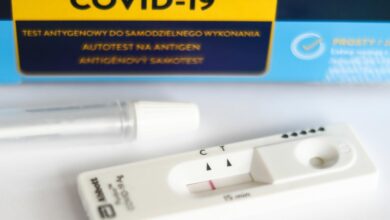6 Ways To Reduce Side Effects In Ozempic, Wegovy, Mounjaro & Zepbound

GLP-1 medications like Ozempic, Wegovy, Mounjaro, and Zepbound have revolutionized the treatment of obesity and diabetes, offering significant benefits such as reduced food cravings, weight loss, improved heart health, and better glucose control. However, like all medications, they come with a set of side effects that need to be managed effectively.
One common side effect of GLP-1s is gastrointestinal symptoms such as nausea, vomiting, bloating, and diarrhea, especially during the initial phase of treatment. To mitigate these symptoms, it is important to start at the lowest possible dose and gradually increase it over time. Eating smaller meals, avoiding fatty and sweet foods, staying hydrated, and adding fiber to the diet can also help alleviate these symptoms.
Another notable side effect is the potential loss of muscle mass, which can impact metabolism and functional strength. To preserve muscle mass, incorporating strength training exercises at least two to three times a week and ensuring adequate protein intake are crucial. Regular monitoring of body composition can also help tailor workout and nutrition plans.
GLP-1s are known to suppress appetite, which can sometimes lead to nutrient deficiencies. Structured, consistent meals that include a balance of nutrients are essential to prevent deficiencies. Working with a dietitian and considering supplementation may be necessary to ensure optimal nutrient intake.
Additionally, some individuals may experience disordered eating patterns while on GLP-1s, such as food anxiety or over-restriction. It is important to maintain a balanced relationship with food and seek support from healthcare professionals if needed.
One of the major concerns with GLP-1s is weight regain after stopping the medication. Building lasting healthy habits during treatment, such as regular physical activity, proper sleep, stress management, and social support, can help maintain weight loss in the long term. Some individuals may choose to remain on a lower maintenance dose of GLP-1s indefinitely, while others may transition to lifestyle interventions.
In conclusion, GLP-1 medications offer significant benefits for weight loss and metabolic health, but it is important to proactively manage their side effects to ensure long-term success. By following these strategies and working closely with healthcare providers, individuals can effectively navigate the challenges associated with GLP-1 treatment and optimize their health outcomes.




